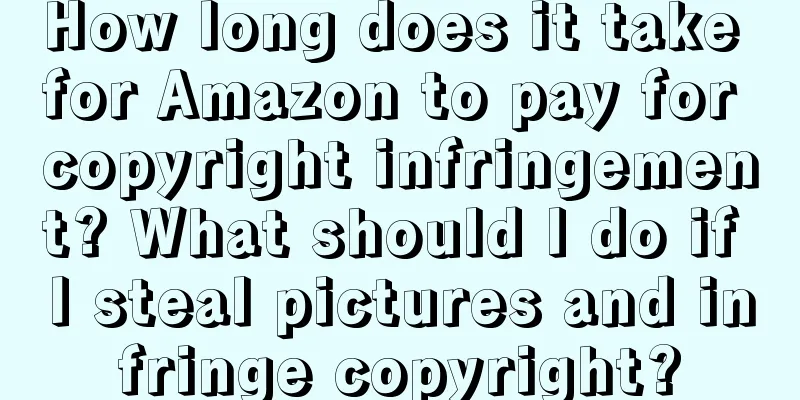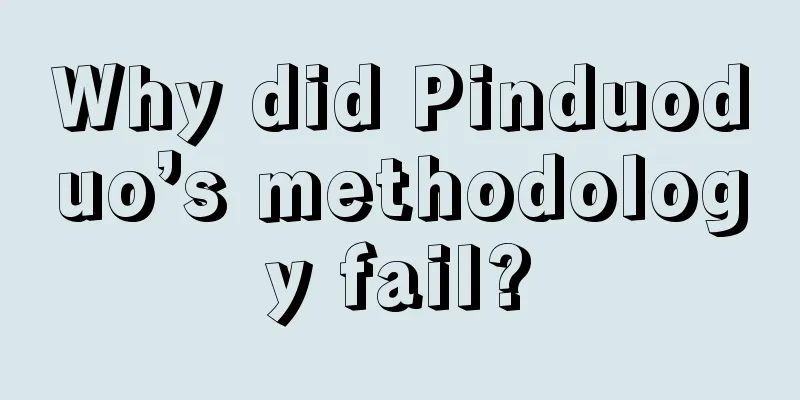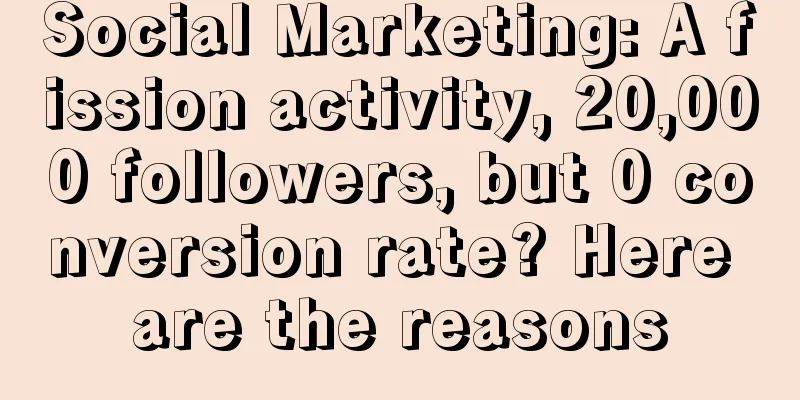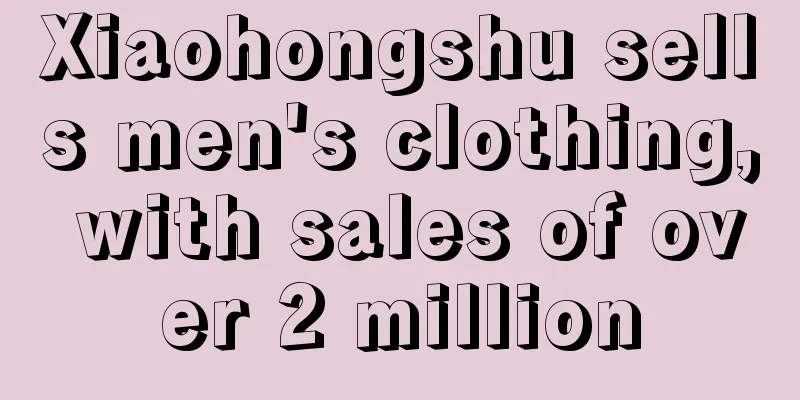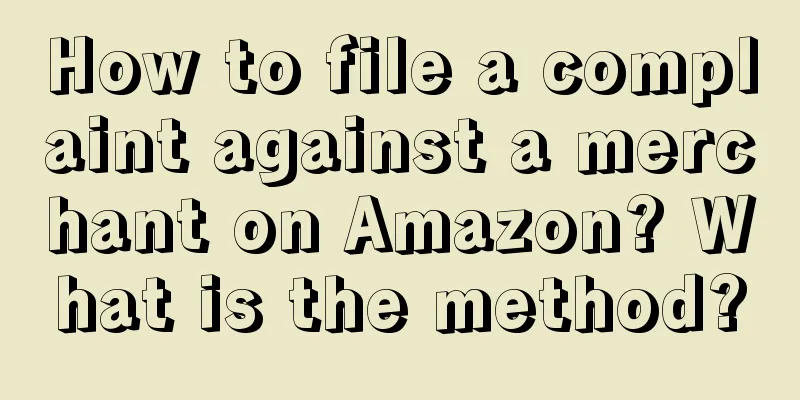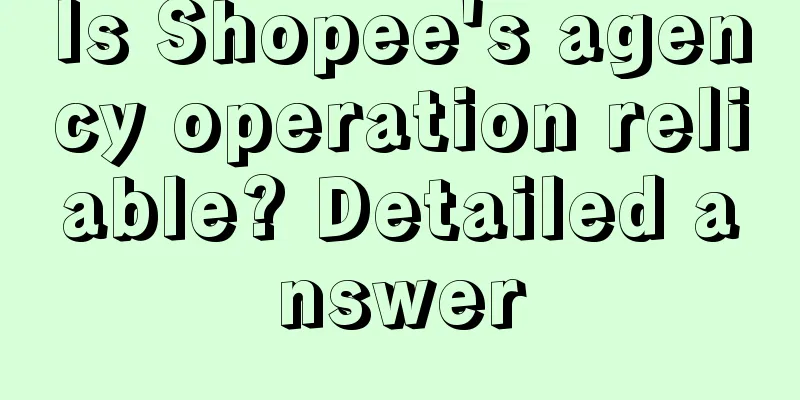Writing articles is a dead end, but pushing posts can earn you 100,000 a month?
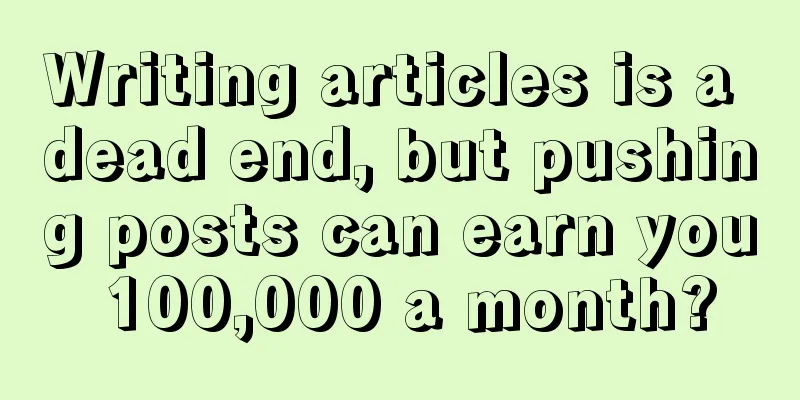
Twitter accounts are taking over the internet. On Weibo, they are bots that post content using encrypted jargon; on Xiaohongshu, they are graphic notes with sensational titles; on TikTok, they are AI picture albums, kitchen vegetable-cutting collections, and the background sound for Subway Surfers screen recordings... Nowadays, accounts targeting online novels are active in almost every high-traffic area with various shells. Image source: TikTok At the same time, clues for recruiting tweeting accounts are scattered all over the Internet. According to those earnest "predecessors", tweeting has become a fashionable sideline that can easily earn over 10,000 yuan a month, and there are even many myths of earning hundreds of thousands of yuan a month. The comments section of every novel about getting rich through recommending novels often draws soul-searching questions from online writers: “Why does recommending novels seem to make more money than writing them?” What kind of business is it for a Twitter account to earn hundreds of thousands of dollars a month? 1. Different Paths to Wealth"Strawberry Pointy". It would be difficult for an outsider who doesn’t know much about Twitter accounts to realize how important these four words are. As of the finalization, the number of works displayed on Strawberry Jianjian's Douyin homepage is 1,943, with a total of more than 86.07 million likes. In other words, the average number of likes for a single work has reached an astonishing 44,000. Currently, the three short videos pinned by Strawberry Jianjian each have hundreds of thousands of likes. As the uncrowned king in the field, Strawberry Jianjian's work is a direct example of the current short video tweeting model. If you click on her popular videos with explosive data, you will find that the actual content is all "Subway Surfers" game scenes, and the narration is all first-person AI dubbing, telling the gripping plot at a very fast speed. Image source: TikTok This is the current common practice for promoting book numbers through short videos, which is to throw out an enticing suspense in the shortest time possible, and then leave users with a brief book title keyword. If users can’t suppress their curiosity and go to search engines to find traces, they will most likely find that the online novel corresponding to the search term is not actually called this name. In essence, the so-called “book title” is just a personal password for attracting traffic and making profits, just like the bargaining link you forwarded to “A Loving Family”. From the source, the profits of this type of tweet account mainly come from the commissions of online literature websites. By promoting one or more novels, the tweet account acts as a channel for major websites to attract new users and earn intermediate profits. Then, based on this profit logic, some third-party tweet platforms were established, where a variety of promotional tasks were aggregated and released. Since the tweet account itself is already the "intermediary" between the online literature platform and the readers, the role of the aggregation platform is actually the "intermediary among intermediaries." The emergence of these middlemen has further expanded the market size of the short video business. They put up slogans such as "no-cost sideline" and recruited more people to distribute short video flyers through "distribution authorization". Image source: WeChat applet According to Hedgehog Commune's observations, at present, the main service objects of this outsourcing model are concentrated on free reading platforms and membership reading platforms, while traditional paid online literature websites are relatively rare. Of course, this does not mean that paid online articles do not have their own tweeting accounts. In fact, the current online article tweet market has already differentiated into many forms, depending on the different sources of profit. The short video tweet account we introduced above is just one of them, and the corresponding payer is the online article platform, which is mostly seen in the field of free online articles. Another type of representative of tweeting accounts is the online literature "big V" at the top of the pyramid, who are mostly seen in the field of paid online literature. The core feature of their business model is to charge readers directly. "Chiji's Book Famine Relief Center" is the leader in this model. Since 2020, Chiji's "Monthly Book Recommendation" column has been serialized, and the number of paid copies for a single article on the official account platform has exceeded 10,000. Image source: WeChat official account From the word "book shortage" in the account name, you can tell that Chiji serves mostly heavy online literature users. These old "bookworms" are willing to pay extra to get high-quality new book recommendations and let the trusted book promoters "test the poison" for them in advance. Looking at the entire Chinese online literature market, there are very few accounts that can run this business path. This is because readers’ payment largely eliminates the advertising value of tweets. Only true “online literature opinion leaders” have the confidence to launch high-quality reviews and let readers pay for them. There is no doubt that this is a very narrow track that requires a long time of hard work. After weighing the two options, most tweeting accounts chose the easier third path. 2. Uneconomical Tweet TradingIn the chaotic tweet market, the vast majority of wild tweet accounts belong to the third model. They span both ends of paid and free online literature, and the "financial backers" they rely on are neither the platforms nor the readers, but the vast number of online writers. In order to realize profits, these tweet accounts usually charge advertising fees directly to the author in their personal name. The most common "tweet" in the author circle often refers to this model. On the surface, the decision-making logic behind this business is very clear: isn’t it just that the author pays to advertise for himself? But in practice, there are many victims of paid tweets. It is not easy for the author to find a reliable tweeting account. Different from the first two types of tweet accounts, wild tweet accounts are neither attached to a specific aggregation authorization platform nor have a well-known big V brand, so the channel concentration is quite low. On major social platforms, under the posts where the author shares the results of his tweets, there will always be a group of colleagues who are asking for reliable tweet accounts. When everyone discusses how to find accounts, the answers are varied, some from the corners of the forum, some from private writer groups, and more from Xianyu orders. Image source: Xianyu On Xianyu, searching for the word "tweet" will retrieve a large number of tweet accounts. Each tweet account will indicate the tweet type, platform and price on the information page, as well as whether it is a "hot account" and whether it is "recommended". The issue of "whether the account is explosive or not" is exactly where online writers fall into the trap. Common expressions such as "no explosive account" and "no explosive horse" all refer to the fact that the account will not reveal its account name to the author after accepting the order, which is a certain degree of anonymous recommendation. The recommendation certificate that the account can provide to the author is the release screenshot or data effect screenshot. However, in the case of “no explosion of numbers”, the seemingly impressive data feedback may be accompanied by considerable hidden dangers. Xiaohongshu blogger "Errol" once shared her experience of being deceived. As an author, she purchased two tweet services priced at 100 yuan. The backend performance of the tweet number feedback was quite good, and the data growth of the works was also considerable. However, in the "application list" link to gain more exposure opportunities on the online literature platform, Errol suffered a loss. The editor told her that the actual collection data of the "application list" works was very low. According to Errol's speculation, the real situation may be that although she paid a premium for the tweet, the tweet account used cheaper and cruder means to inflate the data. As a result, not only did it fail to boost the popularity of the novel naturally, but it also brought about the negative impact of false data. Unfortunately, although the authors can all sense the black box risks brought by the “no account explosion” method, it is difficult to find a better option in an already unregulated market. At least from the public transaction information on Xianyu, “extremely low price but no account explosion” has become the consensus of the tweeters. Image source: Xianyu In fact, even if we do not consider the various risks of wild tweet accounts, from the perspective of pure commercial returns alone, the buying and selling of tweets by most writers cannot be said to be very rational. First, due to the limited influence of small-scale tweet accounts, most tweet orders can hardly bring in more than double-digit new readers. Compared with popular works, this volume is just a drop in the ocean. It is clear that it is probably unrealistic to rely on low-cost tweets to achieve a hit. Secondly, considering that the key stage of the promotion is often the new book period, most of the related works are still in the free public chapter period. At this time, except for the free online writing platforms that rely on advertising as a source of income, the authors who serialize on traditional online writing websites can hardly get any immediate income, not to mention the conversion rate of subsequent paid subscriptions. So a contradiction arises. Since this deal does not seem to be very cost-effective, why are a large number of small and medium-sized writers willing to pay out of their own pockets to support various small tweeting accounts? 3. Gambler mentality in the online literature communityFrom the very beginning, the authors’ goal was not to spend money to make their works become hits. What they actually pay for is just the possibility of it becoming a hit. In the circle of online literature, which is full of money myths, the top creators always attract everyone's attention. The names of the great writers are written on the list of writers' wealth, and their works are the source of IP pursued by film and television companies. But apart from the very few successful narratives, countless ordinary authors in the middle and lower levels are the main force of the entire industry. Unknown online writers mock themselves as "failures". They study the hidden rules of naming, signing contracts, listing, etc. day after day, try to figure out the preferences of editors and readers, and follow the direction of industry changes. What lies ahead for these unknown authors is a path to success where thousands of people are walking on a single-plank bridge. The cruelest part is the competition for the limited recommendation resources on the platform. This competition often revolves around what authors consider to be “recommendations”; those who get it survive, and those who lose it die. For a group of online novels that have just started serialization, once they have passed the initial signing hurdle, the works signed and stored in the same period will receive similar recommended resources, which are mostly called "testing the waters" or "guaranteeing the bottom line." Then, the watershed emerges. After a short period of recommendation, works with better data performance will have the opportunity to enter the next round of resource competition. After that, if a work can always maintain leading market feedback, it will be able to receive better recommendations time and time again, and continue to rise to the top. On the contrary, works that lag behind in the competition at the same time may be completely eliminated after a trial, falling off the promotion steps built by the platform. Different levels of website recommendation positions, source: Qidian Chinese website For different online literature platforms, this process may be concretely described as "asking for recommendation", "applying for rankings" or "collecting articles", but in essence they are all funnels with layers of filtering, and it is destined to be a game where the successful ones win all the way to the end. The problem is that many authors who lose out in the competition for featured spots don’t fully agree with the rules of the game. For example, some authors believe that the data-only theory is not really applicable to online writing. In the early stages of serialization for trial recommendations, slow-burning stories are at an inherent disadvantage, and their market feedback is obviously not as good as those works that explode at the beginning. If they miss out on subsequent recommended resources, it will be difficult for authors who "stand alone" throughout the process to persist in writing until the stage when slow-burning stories can play their advantages. For another example, some authors have questioned the fairness of the competition itself. On the one hand, authors with a reader base have their own halo, and they will inevitably share some resources. On the other hand, some veteran writers or studios who are well versed in the rules of competition will choose to cheat. They know very well what the key parameters are and know how to use tricks to win, such as weaving a beautiful follow-up increase at the appropriate node. Therefore, in order to stay in the game, wild tweet accounts become the only choice for others who are unwilling to give in. The simple logic implied here is: as long as I can have the initial launch readers, as long as I can pass the initial selection with the help of the launch readers, as long as I can get a better recommendation position, as long as I can squeeze into more lists, my work will become a hit, and by then, the small investment in the early push will be not worth mentioning. One "as long as" after another connects the dream of breaking through that cannot be fully explored. Nowadays, as the tweet model becomes more and more popular, more and more writers simply see it as a shortcut to break the stand-alone state. For them, exchanging a few dollars for visible data growth, and also giving away a lottery ticket of "possible counterattack if there is exposure", this may be a rare positive feedback in their entire creative career. ——As for the lottery ticket itself, you actually know that it will not win the jackpot. To some extent, the reason why the private tweet business is so popular today is that it has found a "gap" in the existing business model that accommodates the gray area, and has lured lonely creators with the opportunity to place bets and start gambling. The more widespread the frustration, the more promising the business. It is difficult to say whether this so-called "gap" is a loophole left over from the online literature screening mechanism, or another loophole in human nature in the era of red ocean competition. Author: Xinghui, Editor: Chen Meixi WeChat public account: Hedgehog Commune |
<<: Meituan just launched Douyin, can it “follow” Video Account?
>>: The underlying logic of product homogeneity
Recommend
What are people searching for using AI?
This article deeply explores the development trend...
Fashion brands eyeing coffee pop-up stores
Recently, pop-up stores with the theme of "fa...
There are tens of millions of brands that skirt the line, why is Coco Tree the only one that isn’t criticized?
There are many marketing methods. Coconut Tree is ...
Fenghua, a well-known Chinese brand, failed in its marketing by using memes, and was boycotted for vilifying women?
A few days ago, the old domestic brand Fenghua cau...
Shopify supports order delivery product level adjustment
Shopify announced that merchants can now adjust th...
What are the methods and techniques for selecting products on Amazon? What should you pay attention to?
On Amazon, people usually open a store. When openi...
When products are increasingly raising the payment scythe, where will the user experience go?
The Internet industry has always been free, but wi...
Is Wish children's clothing easy to sell? How can I make it sell well?
Every family is willing to spend money on their ch...
What is the value of data lineage?
In the process of data generation and use, various...
WeChat Store APP is online!
The launch of the WeChat Store APP marks an import...
Without investing in traffic, he sold 10,000 orders in 10 days. Xin Jifei of "Technology and Hard Work" has already entered the market to bring goods
Xin Jifei, who became popular online for revealing...
How to reap the benefits of Xiaohongshu e-commerce? How to achieve high investment and high yield?
How to reap the benefits of Xiaohongshu's e-co...
User portraits are criticized as "useless"! How can we make them useful?
Why is the user portrait report you wrote useless?...
For Xiaohongshu, the 5A model is much more useful than the AIPS model
In the marketing ecosystem of Xiaohongshu, how can...
New adjustment: WeChat stores continue to highlight "sending gifts"
As the Spring Festival approaches, WeChat Store ha...
